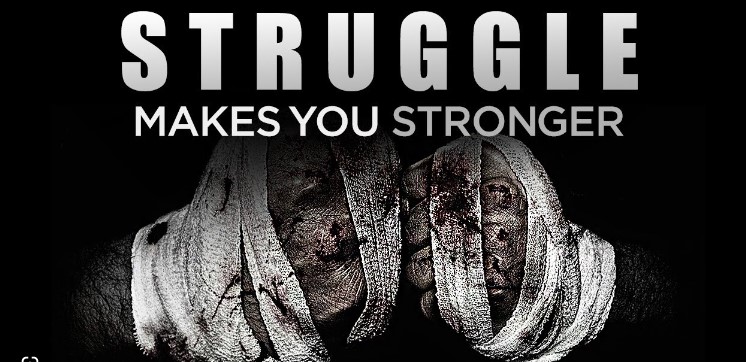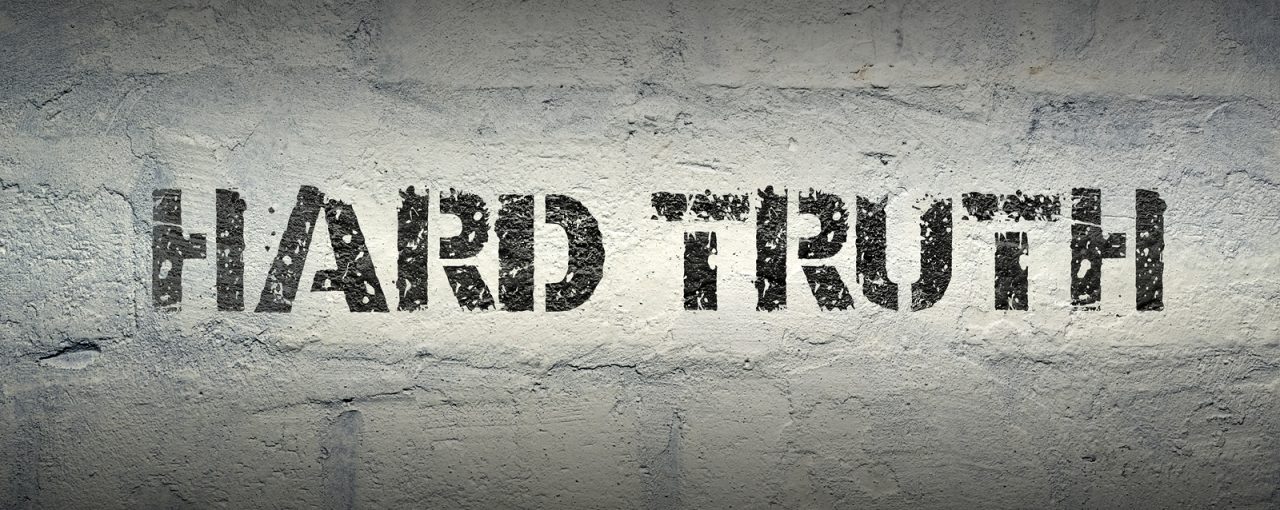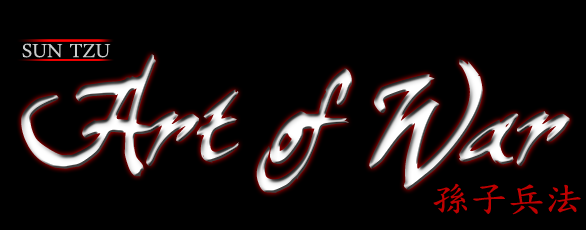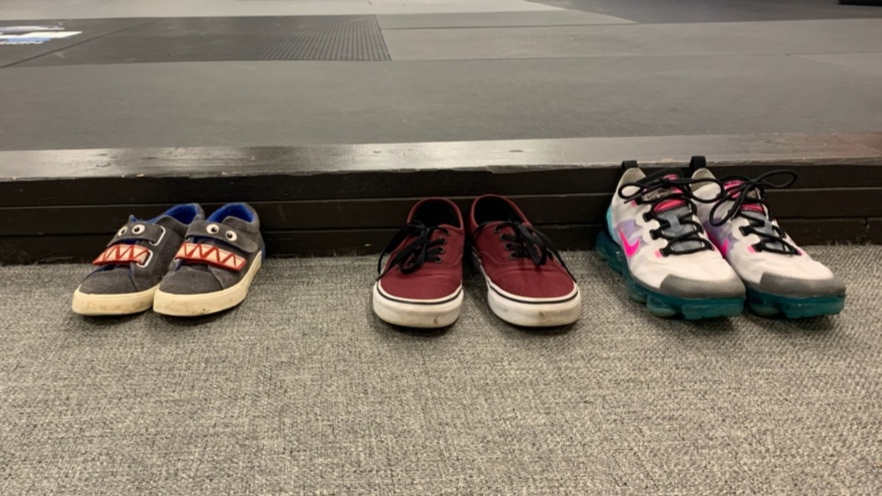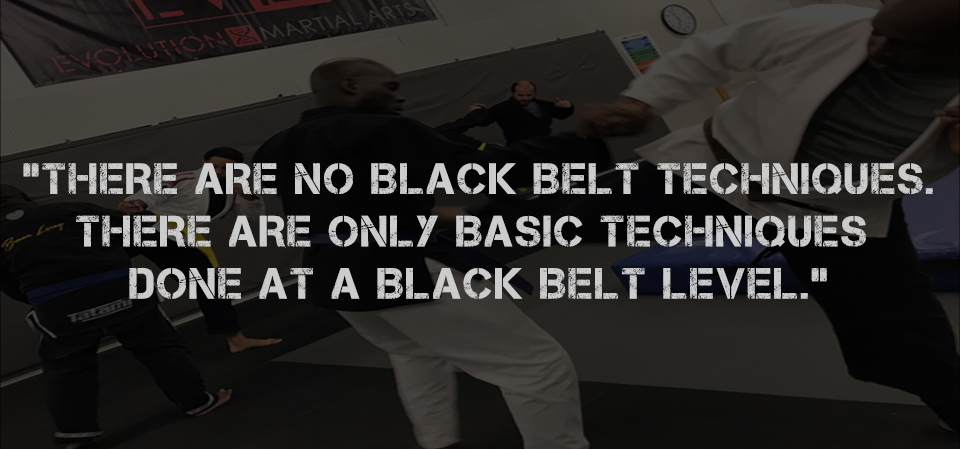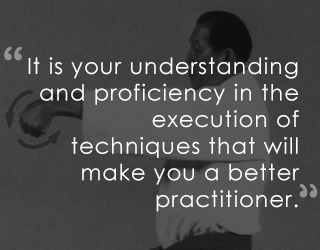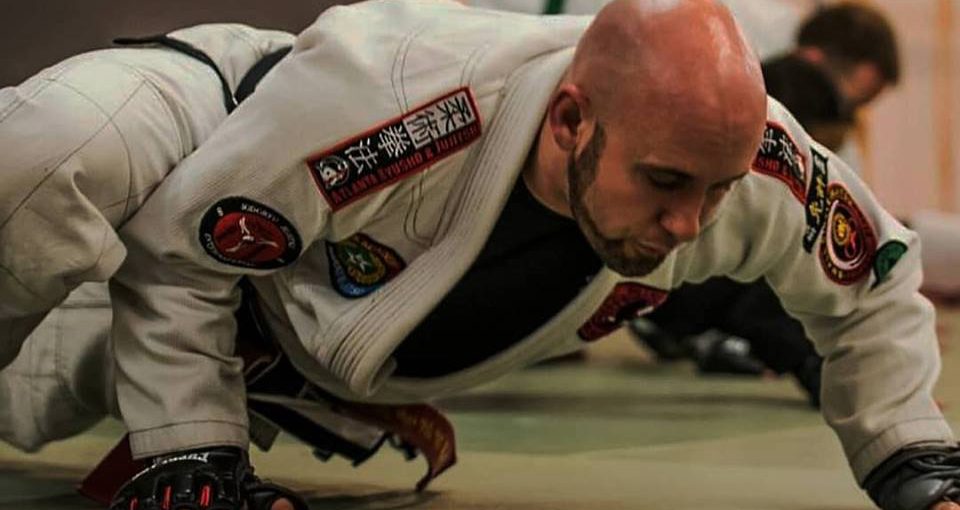Martial arts instructors have the ability to positively impact the lives of their students in profound ways. They not only teach techniques and forms but also impart valuable life skills such as discipline, self-control, and perseverance. The martial arts journey can be transformative, and a good instructor can help their students develop a sense of confidence and empowerment that carries over into other areas of their lives. However, it’s important to be aware of the potential for a “cult of personality” to develop around some instructors. While black belts may be respected for their mastery of the art, it’s essential to recognize that they are regular people with flaws, and not all instructors have their students’ best interests at heart. This can be dangerous for students and can lead to negative consequences such as control, manipulation, degradation, or abuse.
Controlling Behavior
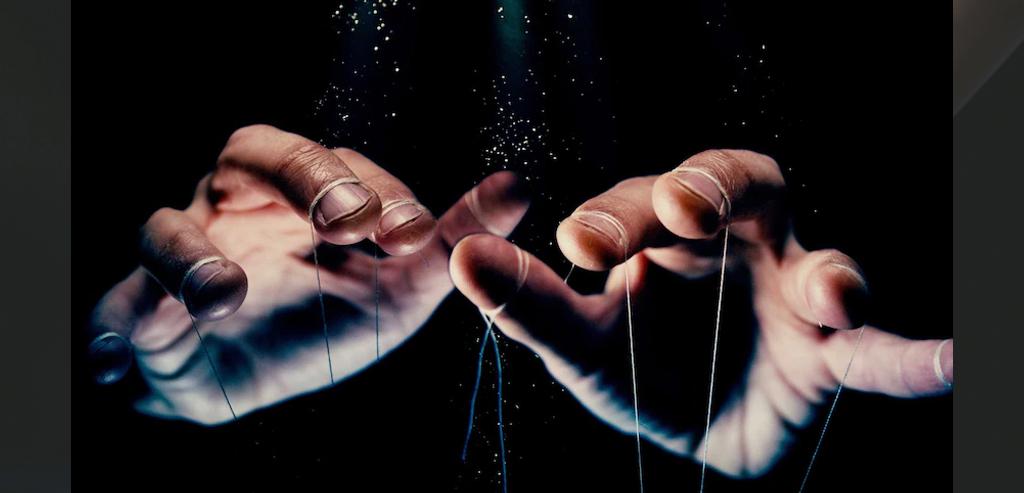
One of the warning signs of a ‘cult of personality’ in martial arts is when an instructor exhibits controlling behavior. This may manifest in the form of micromanaging a student’s training or dictating who they can and cannot train with. Instructors who are excessively controlling may try to isolate students from other instructors or schools and discourage them from seeking out other sources of knowledge and training.
Manipulative Behavior
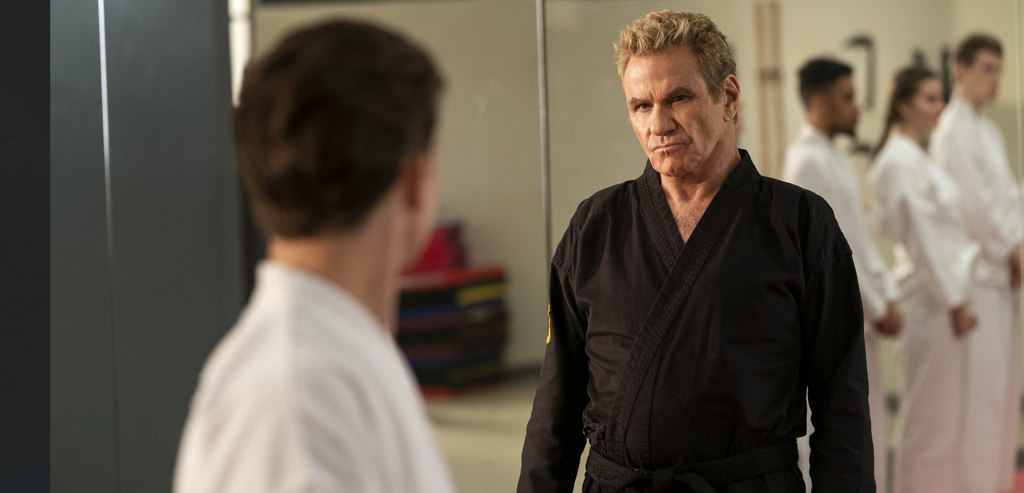
Another red flag to watch out for is manipulative behavior. Instructors who have developed a ‘cult of personality’ may use manipulation tactics to exert control over their students. They may use flattery and praise to build up their own importance in a student’s life, or they may use guilt and shame to manipulate students into doing what they want.
Abusive Behavior

Degrading or abusive behavior is another sign that an instructor may be cultivating a ‘cult of personality.’ Instructors who engage in this kind of behavior may belittle, shame, or insult their students in order to maintain control. This kind of behavior is not only emotionally damaging but can also lead to physical harm if an instructor encourages their students to engage in dangerous or unsafe practices.
It’s important to remember that instructors are not infallible and should not be put on a pedestal. While it’s natural to look up to someone who has achieved a high level of skill and knowledge in a particular discipline, it’s important to remember that they are still human and have flaws like everyone else. A good instructor will not only encourage and support their students but will also be okay with them training with other instructors and schools to broaden their knowledge and experience.
While it’s natural to look up to an instructor in martial arts, it’s important to watch out for warning signs of a ‘cult of personality.’ Instructors who exhibit controlling, manipulative, degrading, or abusive behavior should be avoided. A good instructor will encourage and support their students while also being open to the idea of them training with other instructors and schools. By being aware of these warning signs, students can ensure that their martial arts journey is a safe and rewarding one.

